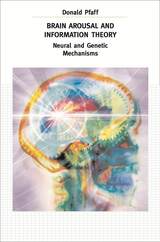
Arousal is fundamental to all cognition. It is intuitively obvious, absolutely necessary, but what exactly is it? In Brain Arousal and Information Theory, Donald Pfaff presents a daring perspective on this long-standing puzzle. Pfaff argues that, beneath our mental functions and emotional dispositions, a primitive neuronal system governs arousal. Employing the simple but powerful framework of information theory, Pfaff revolutionizes our understanding of arousal systems in the brain.
Starting with a review of the neuroanatomical, neurophysiological, and neurochemical components of arousal, Pfaff asks us to look at the gene networks and neural pathways underlying the brain’s arousal systems much as a design engineer would contemplate information systems. This allows Pfaff to postulate that there is a bilaterally symmetric, bipolar system universal among mammals that readies the animal or the human being to respond to stimuli, initiate voluntary locomotion, and react to emotional challenges. Applying his hypothesis to heightened states of arousal—sex and fear—Pfaff shows us how his theory opens new scientific approaches to understanding the structure of brain arousal.
A major synthesis of disparate data by a preeminent neuroscientist, Brain Arousal and Information Theory challenges current thinking about cognition and behavior. Whether you subscribe to Pfaff’s theory or not, this book will stimulate debate about the nature of arousal itself.
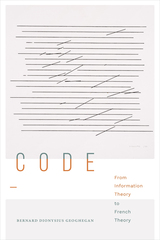

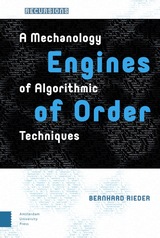
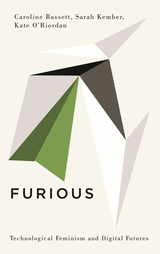

It is common wisdom that the U.S. economy has adapted to losses in its manufacturing base because of the booming information sector, with high-paying jobs for everything from wireless networks to video games. We are told we live in the Information Age, in which communications networks and media and information services drive the larger economy. While the Information Age may have looked sunny in the beginning, as it has developed it looks increasingly ominous: its economy and benefits grow more and more centralized--and in the United States, it has become less and less subject to democratic oversight.
Corporations around the world have identified the value of information and are now seeking to control its production, transmission, and consumption. In How to Think about Information, Dan Schiller explores the ways information has been increasingly commodified as a result and how it both resembles and differs from other commodities. Through a linked series of theoretical, historical, and contemporary studies, Schiller reveals this commodification as both dynamic and expansionary, but also deeply conflicted and uncertain. He examines the transformative political and economic changes occurring throughout the informational realm and analyzes key dimensions of the process, including the buildup of new technological platforms, the growth of a transnationalizing culture industry, and the role played by China as it reinserts itself into an informationalized capitalism.
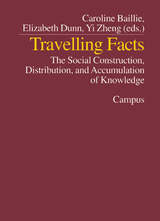
READERS
Browse our collection.
PUBLISHERS
See BiblioVault's publisher services.
STUDENT SERVICES
Files for college accessibility offices.
UChicago Accessibility Resources
home | accessibility | search | about | contact us
BiblioVault ® 2001 - 2024
The University of Chicago Press









